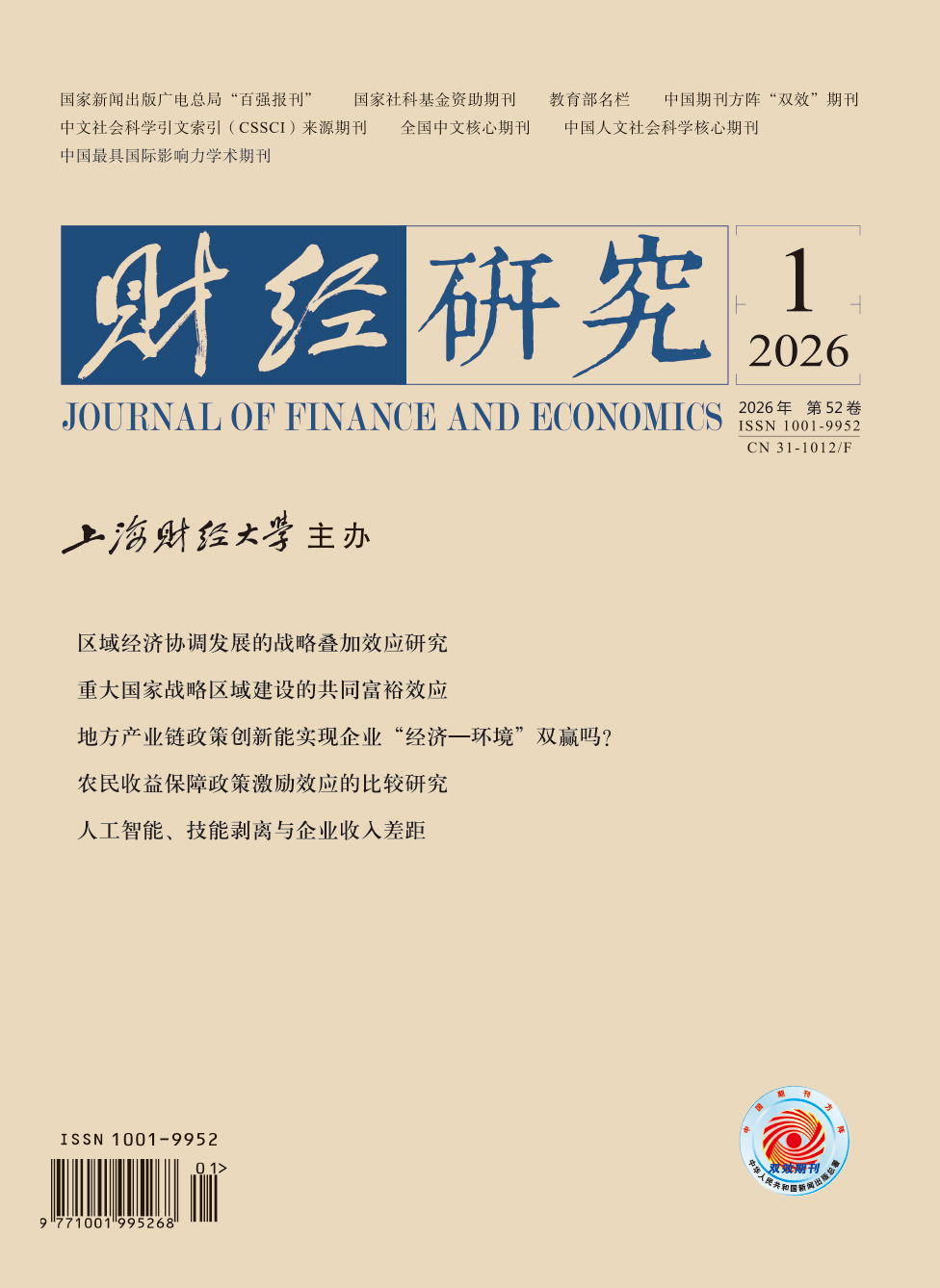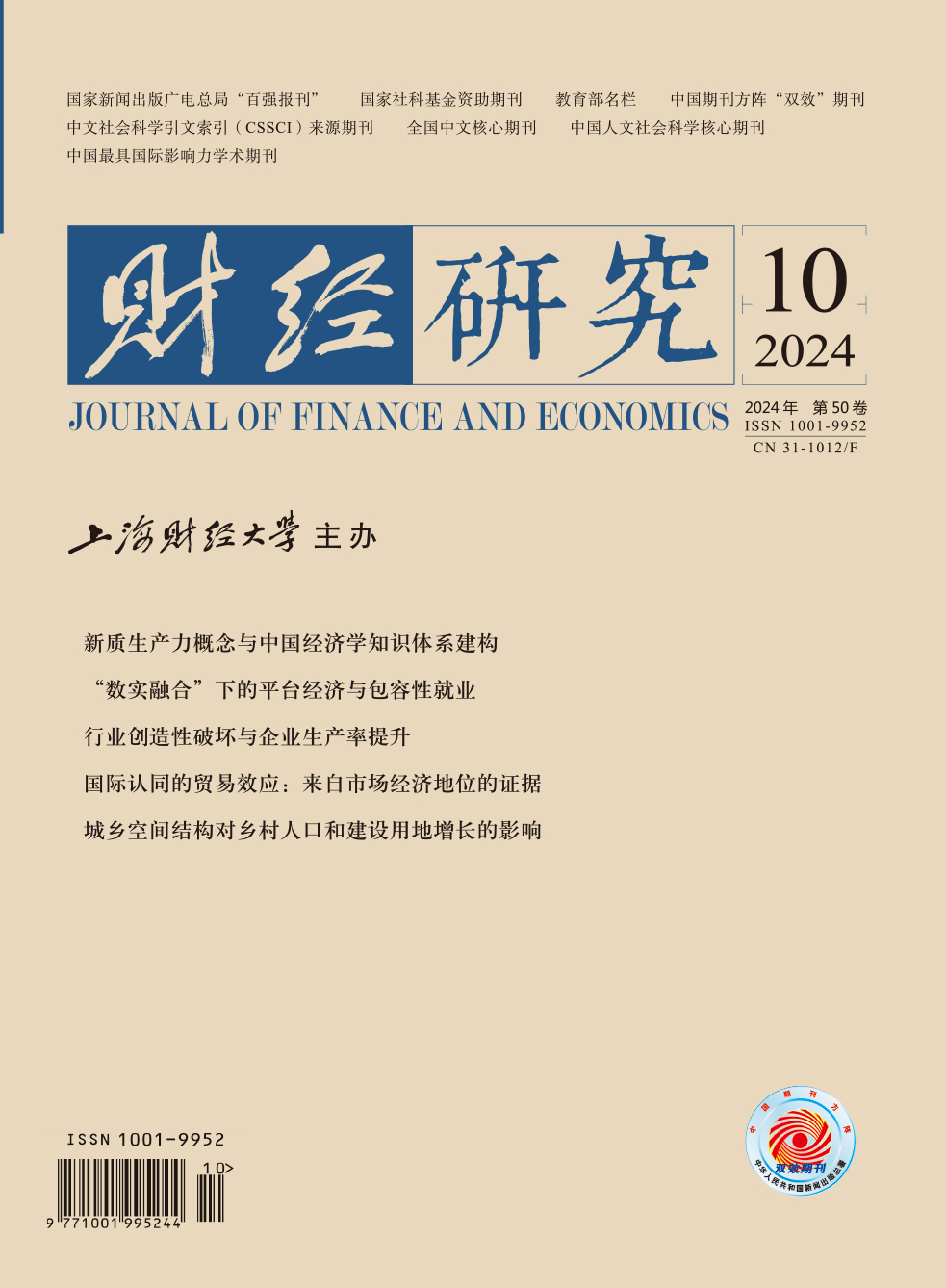While comment letters have played significant roles in governance, they also signal potential risks to the market. If market participants use these signals to judge a company’s quality, negative market reactions may follow. This raises the question of whether such adverse reactions could distort corporate behavior, contradict regulatory intentions, and even lead to systemic financial risks. This crucial issue has received limited attention in current research. Therefore, this paper intends to explore the economic consequences of comment letters from the perspective of corporate leverage manipulation, so as to supplement and extend this topic.
Taking non-financial listed companies in China’s A-share market from 2013 to 2021 as the research sample, this paper finds that financial report comment letters will exacerbate corporate leverage manipulation. Mechanism analysis shows that financial report comment letters trigger creditor risk perception, thereby forcing companies to maintain their investment and financing needs through leverage manipulation. Furthermore, this paper provides supplementary verification from two aspects: corporate characteristics and comment letter characteristics. In terms of corporate characteristics, this effect is more significant in samples with higher ex-ante risks, poorer information environment, and higher investment and financing needs; in terms of comment letter characteristics, this effect is more significant when the degree of comment is higher and the comment content involves risks that creditors are concerned about. Expansion analysis shows that both mid-term report comment letters and annual report comment letters will have an impact on corporate leverage manipulation; compared to financial report comment letters, general comment letters do not have an impact on leverage manipulation; and the effectiveness of internal controls can weaken the impact of financial report comment letters on leverage manipulation.
The inspiration of this paper is as follows: Regulatory authorities should balance their supervisory and guiding roles for enterprises, creditors, and minority shareholders, deepen their understanding of corporate leverage manipulation to ensure effective preventive supervision, and issue financial report comment letters cautiously to reduce its adverse impact. The conclusions not only enhance the research on comment letters and leverage manipulation, but also contribute to optimizing China’s regulation system, which has significant implications for preventing hidden corporate debt risks and promoting the development of China’s capital market.





 4888
4888  6161
6161

